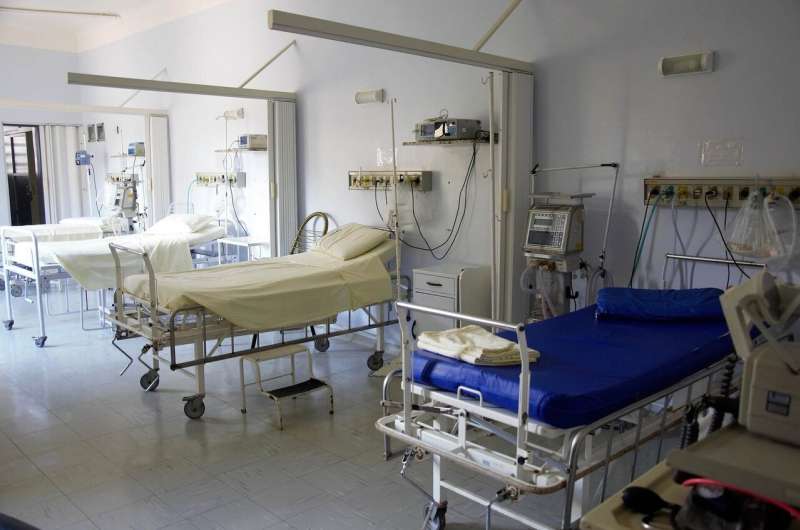Policies in Ghana spur increased childbirths in medical facilities

Women with health insurance were 15 percentage points more likely to have facility-based childbirth.
Free maternal healthcare policy and a health insurance scheme have increased the proportion of expectant mothers whose childbirth occurred in healthcare facilities in Ghana, thus helping the country to move towards ensuring health and well-being for all, a study says.
Ghana introduced a National Health Insurance Scheme (NHIS) in 2005 and a free maternal healthcare policy in 2008 as part of efforts to improve the use of healthcare services, which is critical to saving the lives of many women who die due to pregnancy and childbirth complications annually.
Access to maternal healthcare services remains a major development challenge globally and in Africa, according to a 2019 study. In Sub-Saharan Africa financial constraints tend to erect barriers to access healthcare for the less privileged, especially women.
Out of over 300,000 women who died in 2015 globally as a result of pregnancy related causes, 64 percent of these deaths occurred in Africa.
Using data from the Ghana's 2008 and 2014 demographic and health surveys, the study evaluated the extent to which the NHIS and the free maternal healthcare policy influenced healthcare facility-based delivery among 1,081 expectant mothers.
According to the findings of the study published in the March issue of the African Development Review, policies that seek to reduce or eliminate financial costs of maternal healthcare improve access to medical care to pregnant women and are necessary.
"The wealthy person who is more likely to be educated has greater chance of subscribing to health insurance compared with her poor counterpart because the poor does not have full understanding of the policies in question," says Richard Agbanyo, the study's author and a lecturer at the University of Professional Studies, Accra, Ghana.
"The National Health Insurance Authority should provide registration desks for expectant mothers at health facilities. This will enable almost all expectant mothers to enroll in the scheme and thereby have access to the free maternal health policy," he adds.
Nii Ankonu Annorbah-Sarpei, programs director for Ghana-based Alliance for Reproductive Health Rights, says that the study provides interesting findings.
"Women groups and civil society organization can use the key findings of the study to engage health providers and decision-makers at the sub-national levels to intensify education of pregnant women on the benefits of the NHIS," Annorbah-Sarpei adds.
More information: Richard Agbanyo. Ghana's national health insurance, free maternal healthcare and facility-based delivery services, African Development Review (2020). DOI: 10.1111/1467-8268.12412


















